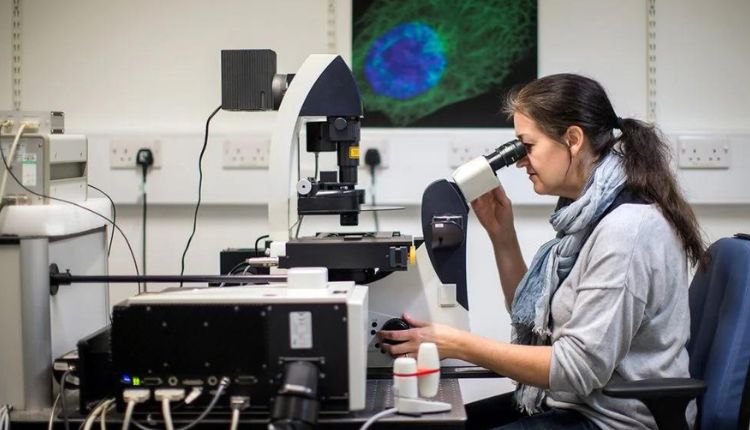Navigating through the labyrinth of a cancer diagnosis can be confusing and stressful. It’s like being in a strange city, maybe somewhere like Peoria, without a map. You’ve heard the word ‘sarcoma’ and you’re filled with questions. The name sarcoma Peoria rings in your head as you step into the oncologist’s office. It’s crucial to know the right questions to ask. Let’s equip ourselves with the right set of questions to strip away the fear and mystery.
Question 1: What is my specific type of sarcoma?
Every patient has a right to know their exact diagnosis. There are over 50 types of sarcomas. Each type has its own behavior, treatment options, and prognosis. The more specific the name of your sarcoma, the more accurate your treatment can be.
Question 2: What are my treatment options?
There’s no single ‘right’ treatment for sarcoma. It can be surgery, radiation therapy, chemotherapy, or a combination of these. Understanding these options and their side effects empowers you to make informed choices.
Question 3: What about Clinical Trials?
Research is always ongoing in the world of oncology. Clinical trials become a beacon of hope for those looking for new treatment options. Ask your oncologist about pertinent clinical trials. It’s a leap towards the world of cutting-edge medicine.
Question 4: What can I expect in terms of prognosis?
It’s a hard question. Yet, it’s one that needs to be asked. Knowing the potential outcomes can help you prepare for the future. Remember, statistics are just numbers. They don’t define your journey.
Question 5: How often will I have check-ups?
Regular check-ups are vital after treatment. They help detect any potential relapse at the earliest. Know the schedule and what to expect during these visits.
Conclusion
It’s okay to feel lost like you’re wandering aimlessly around Peoria without a map when you hear the word ‘sarcoma’. But remember, you’re not alone. With the right set of questions, you can regain control. You can unveil the mystery that shrouds your diagnosis. You can make informed decisions about your treatment. So, step into your oncologist’s office with confidence. Ask your questions. Remember, knowledge is power when dealing with sarcoma.
